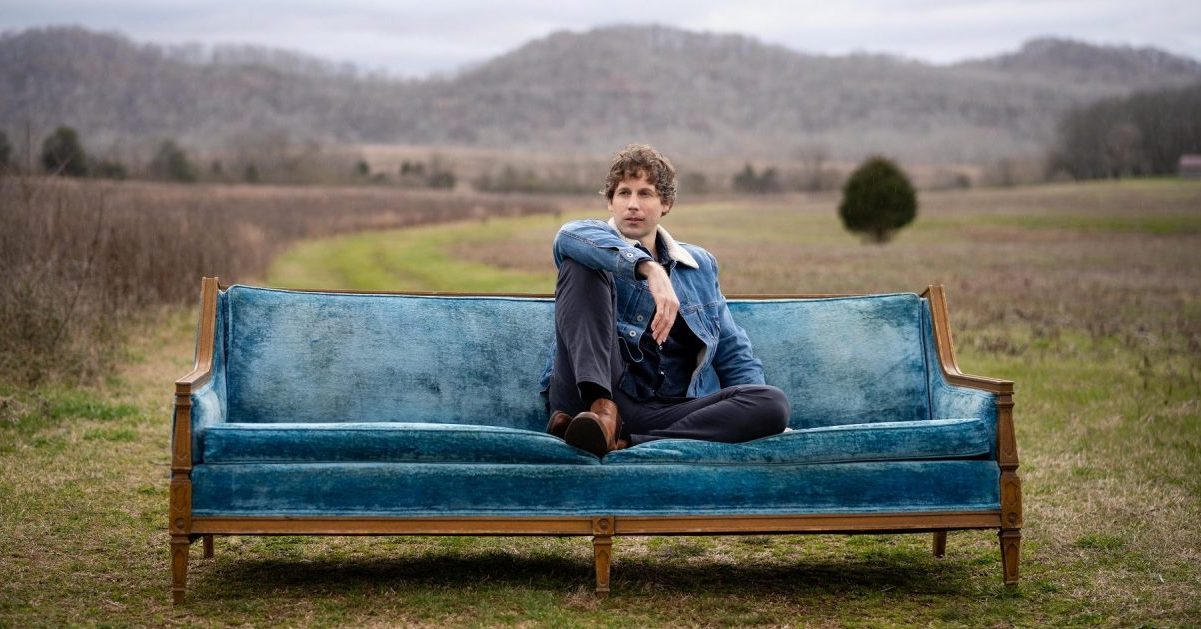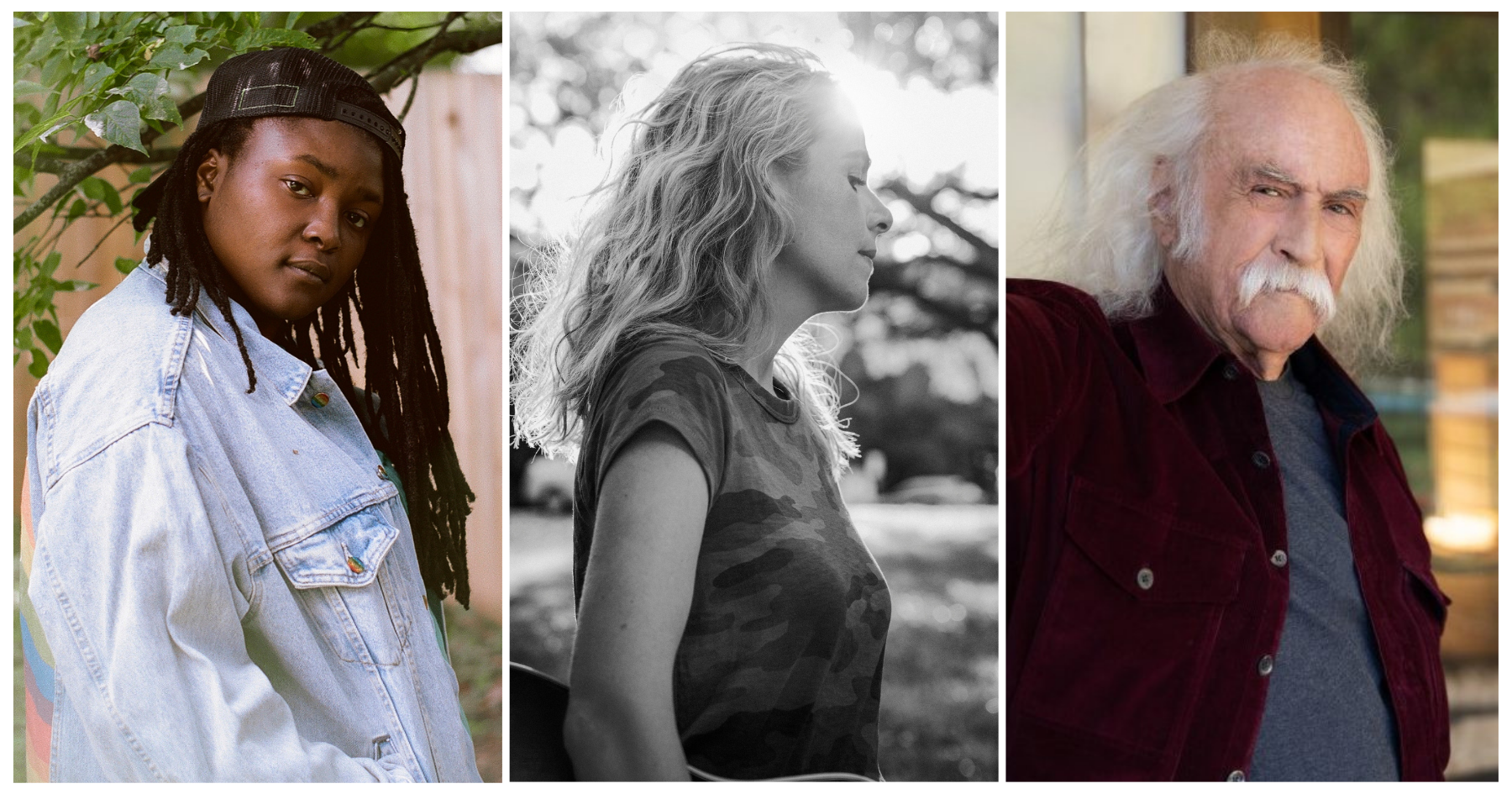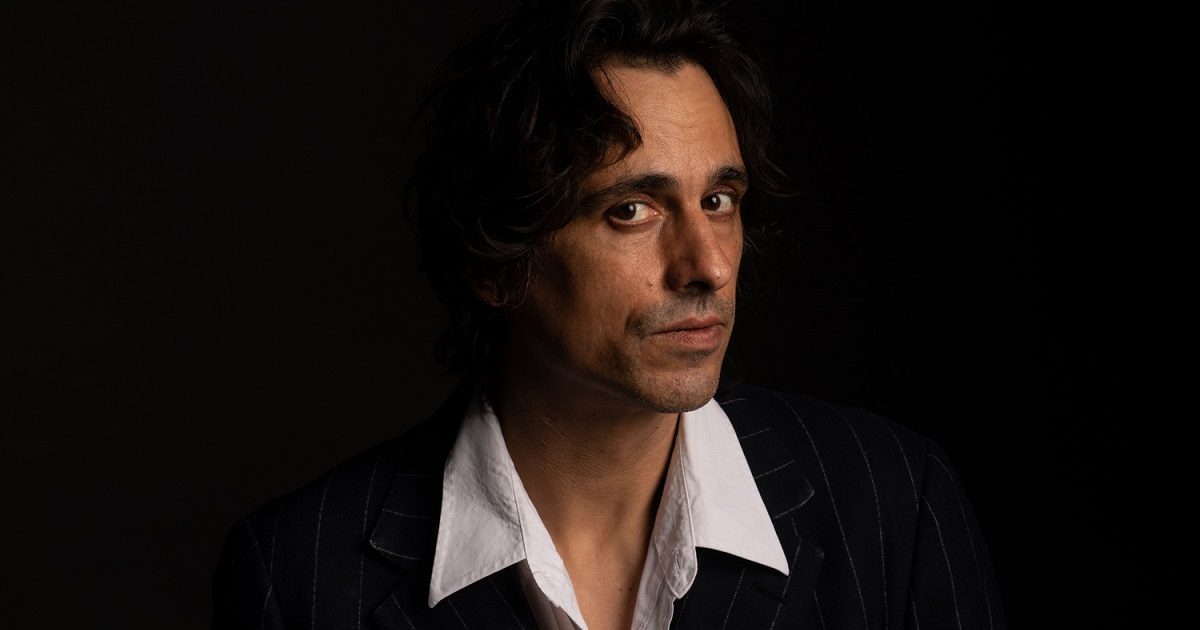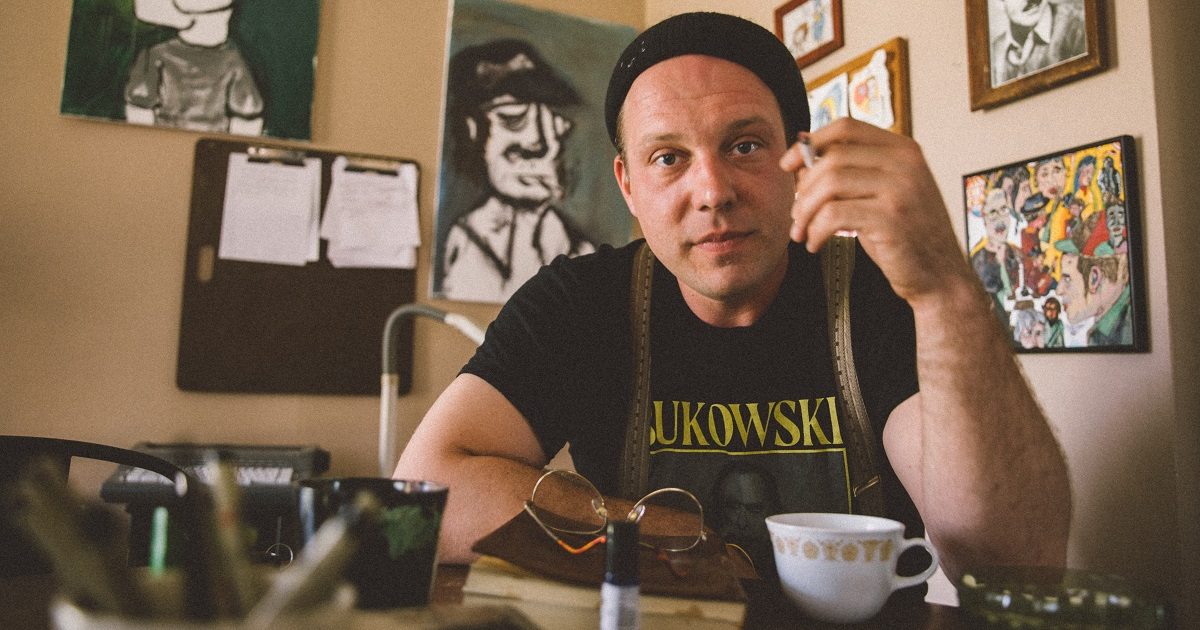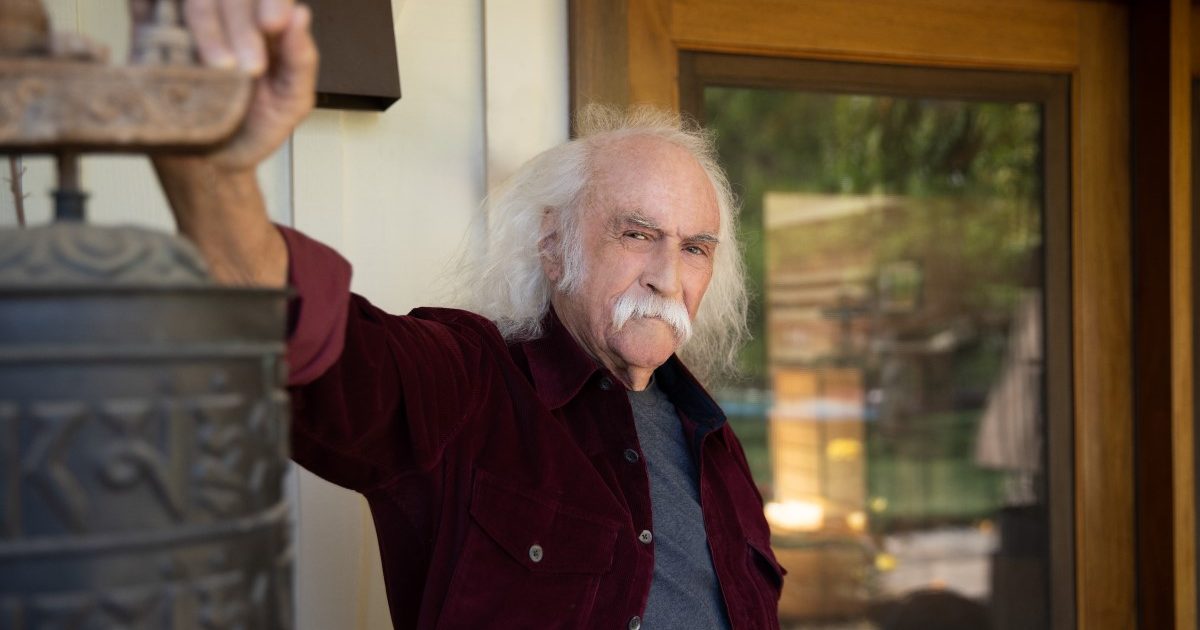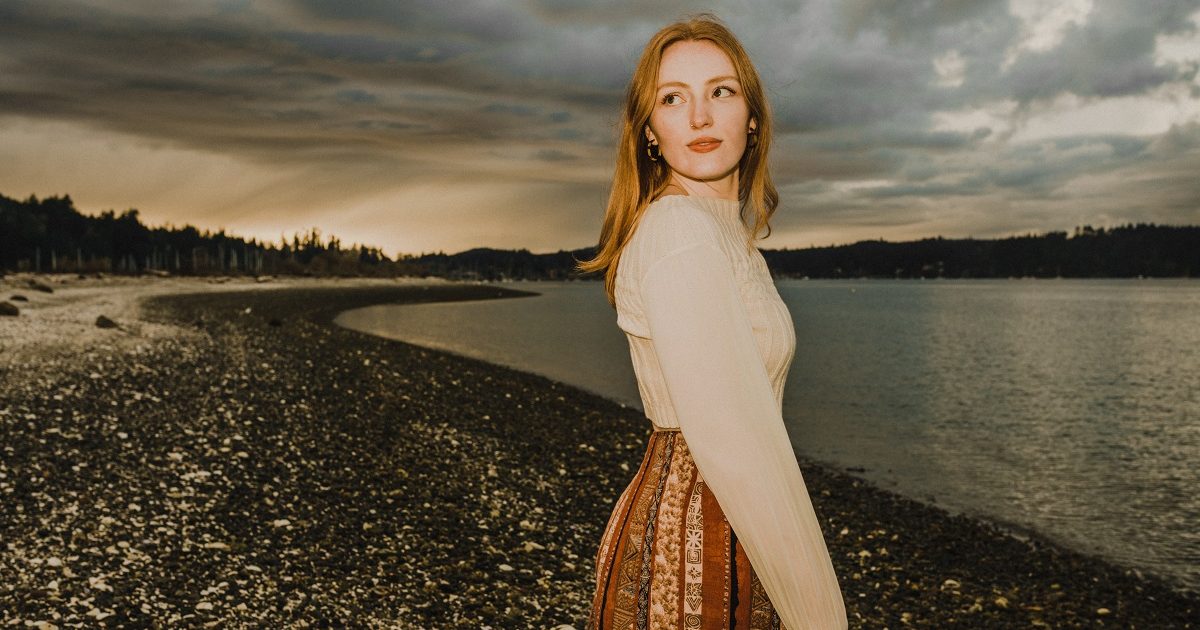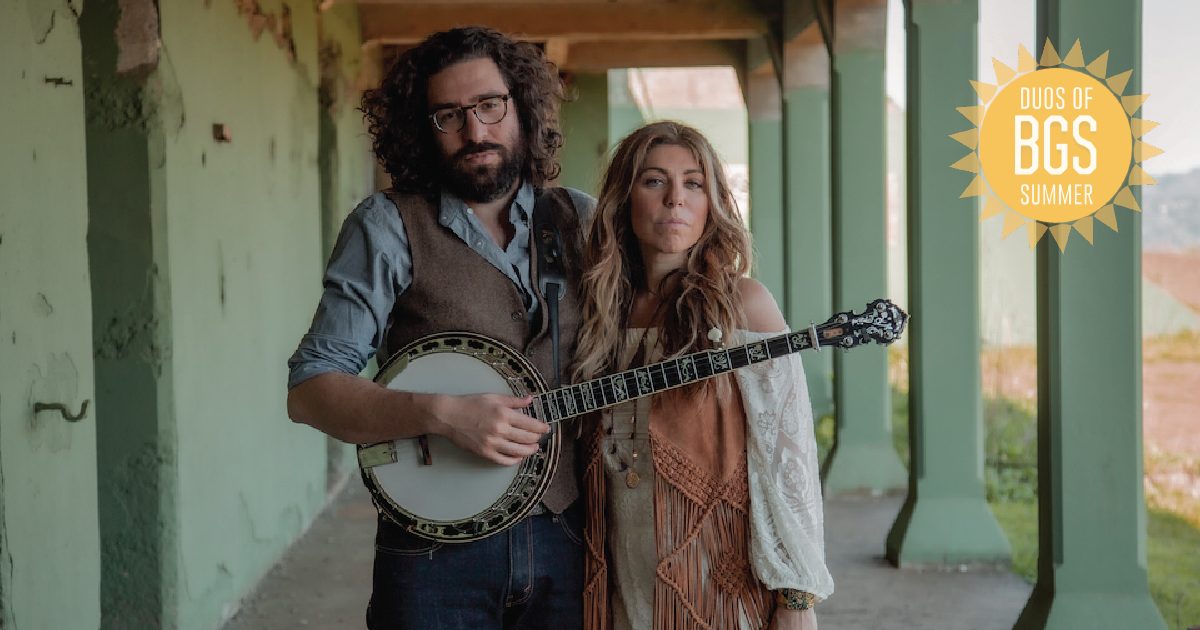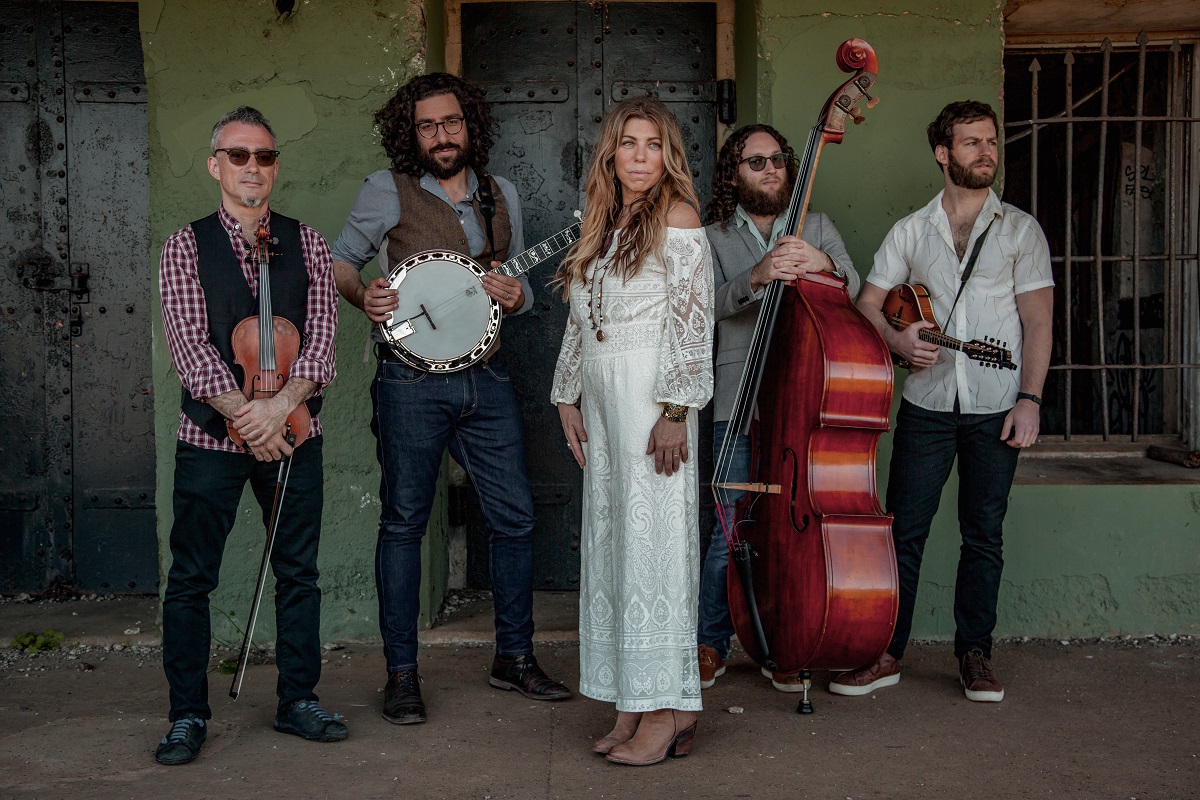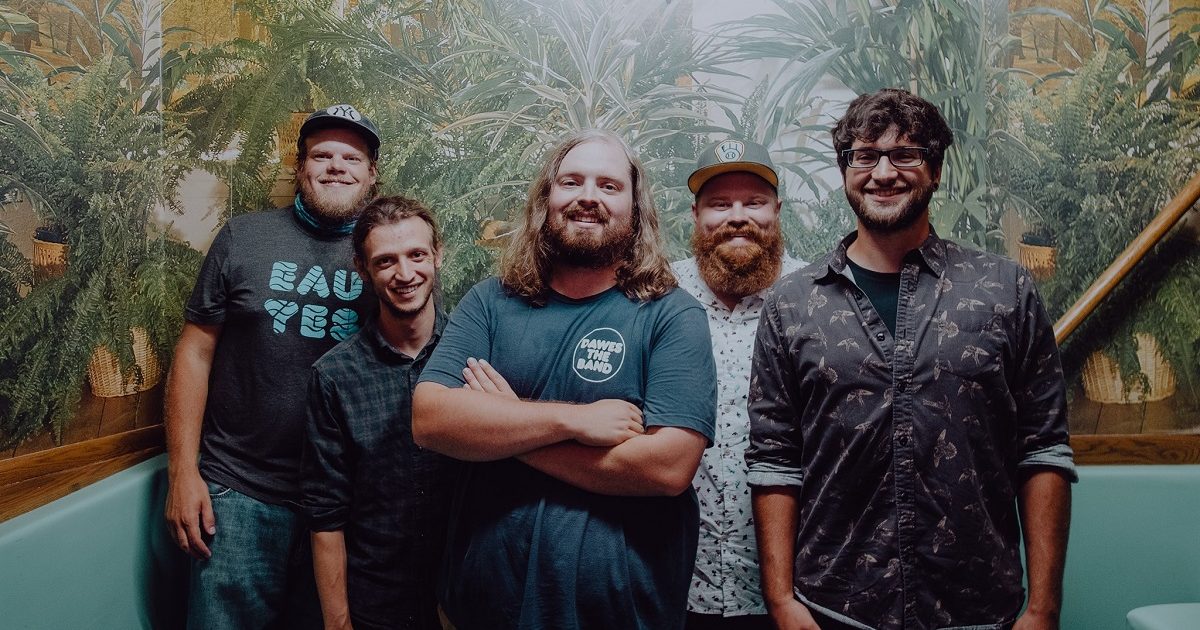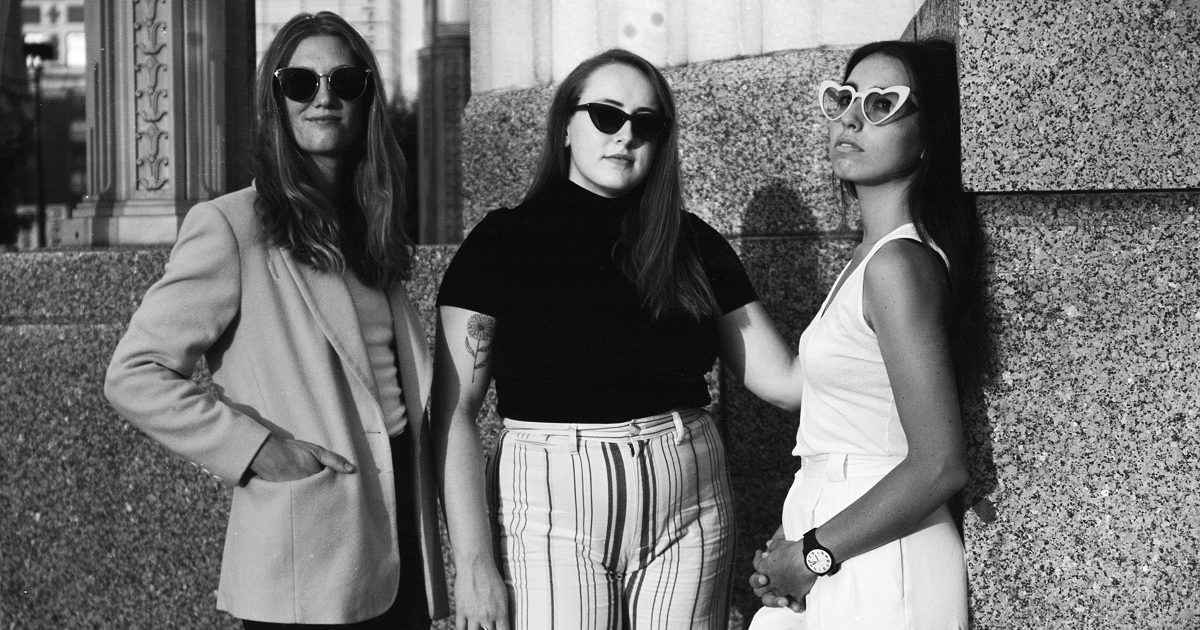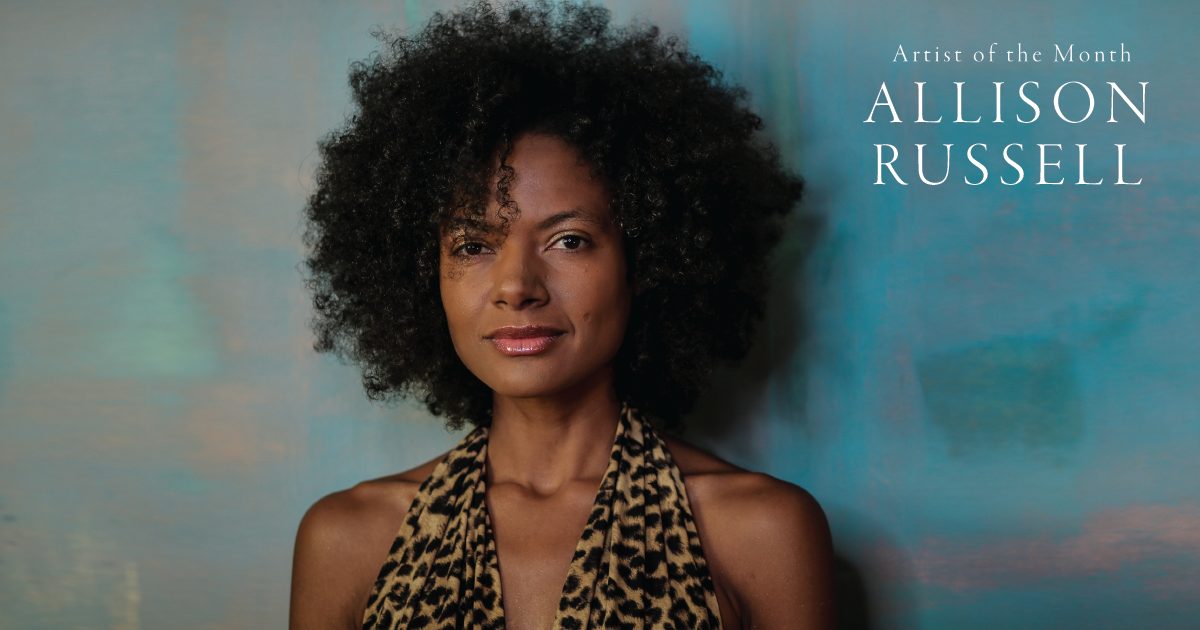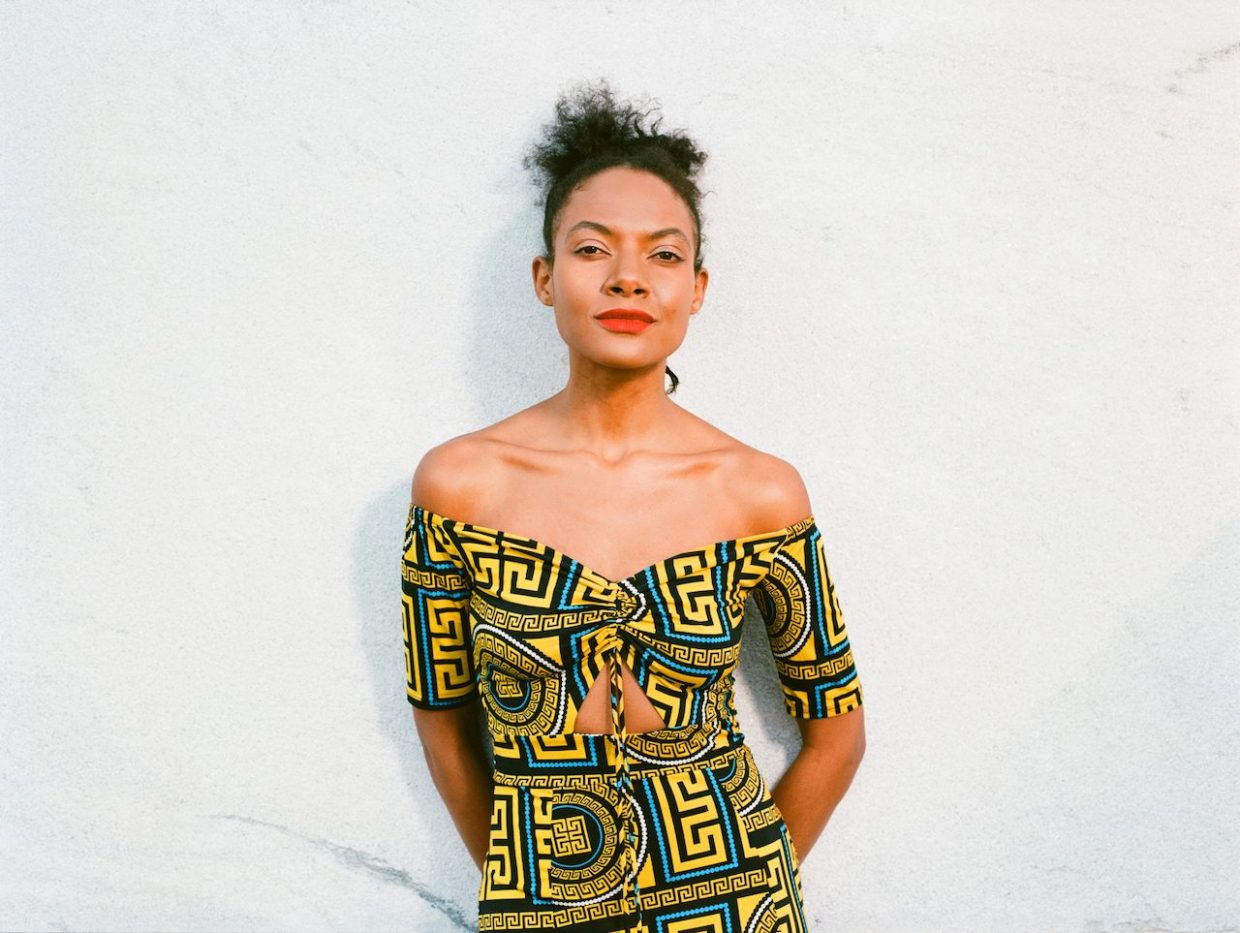I’m not sure what it is about this era that has permanently ensnared my soul. Perhaps the raw, confessional nature of the troubadour has always reassured me that I am not alone. These are the songs that made me abandon my fine art career at the age of 18 and embark on a lifelong quest to appease the songwriting gods. The fact that all of these songs can be fully delivered with one instrument and one voice has always amazed and inspired me. It was wonderful to record a few of these classics on my current EP, Seventies Roots, part of a double album of covers that I’m releasing in February 2022 called Forget-Me-Nots. — Jesse Terry
Joni Mitchell – “A Case of You”
Was there any doubt it would start with Joni and a song off her masterpiece, Blue? I put Joni in a Jimi Hendrix-type category, where it feels like the artist was transported from outer space, in perfect revolutionary form. Her songs, chord progressions, lyrics and vocals have always been otherworldly to me. It was thrilling to record this song on my Seventies Roots EP. Actually it was intimidating, but in the end I love the song too much not to do it.
James Taylor – “Fire and Rain”
The blueprint for confessional, honest songwriting. It’s awesome to hear JT tell the story behind the song and know that he put every last personal detail into his lyrics. This inspired me to be vulnerable and completely open in my writing. Nobody sings or plays like JT. And to this day, if I’m having a rough go of it, I blast his records and let that warm voice console me.
Jackson Browne – “For a Dancer”
Another true original with an unmatched voice and sense of melody. I think Jackson is without a doubt one of the best lyricists of all time. His lyrics and melodies flow effortlessly off the tongue and never tire.
Bruce Springsteen – “Growin’ Up”
Springsteen is a legendary rocker and performer. But what really impresses me about the Boss is his songwriting. All of his anthems can be stripped down to an acoustic guitar and still deliver with the same emotion. There aren’t many songwriters that can paint pictures like Springsteen. With him, you’re not just listening to the song, you’re IN the song or maybe even one of the characters.
Carole King – “Will You Love Me Tomorrow”?
Like all of the truly great songwriters, her songs transcend and feel universal and timeless. This song feels perfect, whether you’re listening to Carole’s version or The Shirelles.
Tom Waits – “Shiver Me Timbers”
A truly masterful and utterly unique songwriter. Waits writes about characters and tells stories better than anyone. His lyrics and penchant for perfect timing are well-known, but I also adore Tom Waits’ gift for melody and harmony. His melodies break my heart and are married flawlessly to the lyrics.
Paul Simon – “American Tune”
If you created a singer-songwriter in a lab it would be Paul Simon. Some of the most endearing lyrics and melodies of all time. His songs are so perfect, it’s easy to overlook his guitar playing and singing, which are equally remarkable. Music schools often try to dissect his songs to display the craft of songwriting, but I get the sense that this magic simply flowed out of him.
Elton John – “Mona Lisas and Mad Hatters”
Over the years, some very talented folks have sent me lyrics and poetry to set to music and I’ve always been disappointed with my results. That makes me even more knocked out by Elton John’s ability to marry Bernie Taupin’s lyrics to the most perfect melodies, tempos and chord progressions. I recorded “Goodbye Yellow Brick Road” on my Seventies Roots EP, but I easily could have chosen “Mona Lisas and Mad Hatters,” or any number of tunes. Way too many great options to choose from.
Neil Young – “Comes a Time”
What songwriter list would be complete without Neil Young? Neil is raw unfiltered emotion, live to analog tape with no rewriting or editing. That makes him so special. I can’t think of another songwriter that can cover so much ground with such authenticity.
Randy Newman – “Marie”
Randy Newman is a genius. His character-based songs are on the same level as Tom Waits and his lyrics are just as evocative, biting and unique. It’s impossibly rare to find Newman’s talents as an orchestrator and arranger in the body of a singer-songwriter. “Marie” especially breaks my heart. I believe every word Randy Newman sings.
Townes Van Zandt – “No Place to Fall”
A mythical figure in songwriting, Townes wrote some of the most beautiful and enduring songs of all time. “No Place to Fall” has always spoken to me and broken my heart. Was an honor to record this one.
Bob Dylan – “Simple Twist of Fate”
I admit, as a young kid I was more seduced by the “singers” in this group — artists like Joni, James and Jackson that could sing the phone book. But eventually I became spellbound by Dylan and my affection for him has never waned since. And as I listened more in my life, I realized what an amazing singer and communicator he was. His phrasing, his lyrics, his melodies and his hooks convey the lyrics perfectly. There will never be another Dylan.
Loggins & Messina – “Danny’s Song”
Kenny Loggins went on to have a huge solo career, but the music that he released in the ‘70s with Jim Messina in Loggins & Messina will always be my favorite work. My father used to sing this song to me when I was a kid and it felt like he wrote it for me.
Stevie Wonder – “Love’s in Need of Love Today”
Admittedly my playlist is Laurel Canyon-heavy and that’s what inspired me the most. But I also remember Stevie blaring through speakers as I was growing up. Again, one of the classic singer-songwriters that will never be replaced nor imitated. One in a billion. And on top of that, one of the best, most flexible voices of all time.
Crosby, Stills, Nash & Young – “Our House”
I’ll end my playlist with this classic song that transports you to another time and place. You can almost smell the flowers blooming in this song.
Photo Credit: Alex Berger
